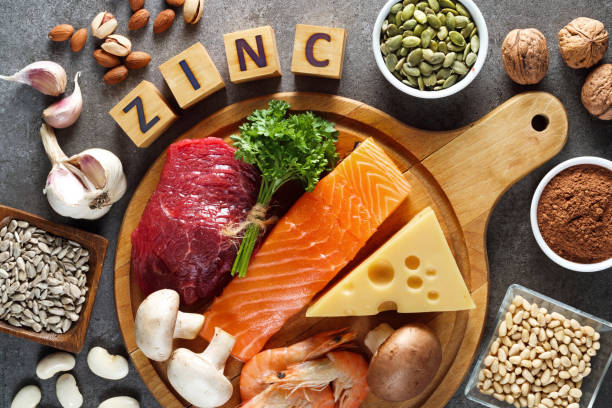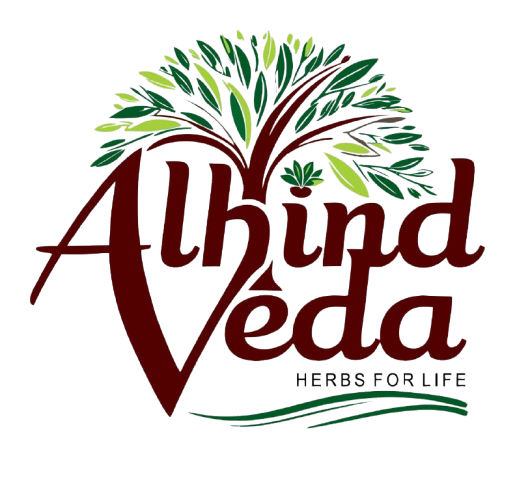Top 10 Benefits of Zinc for Men & Best Food Sources

Top 10 Benefits of Zinc & Best Food Sources and Benefits of Zinc for Men:
- Boosts testosterone levels and enhances fertility.
- Improves immune system function.
- Supports muscle growth and strength.
- Enhances cognitive function and memory.
- Promotes healthy skin and wound healing.
- Helps regulate blood sugar levels.
- Reduces inflammation and boosts heart health.
- Improves prostate health and reduces the risk of enlargement.
- Supports eye health and reduces age-related degeneration.
- Aids in digestion and improves gut health.
Introduction [Top 10 Benefits of Zinc]
Zinc is an essential trace mineral that plays a crucial role in numerous bodily functions. It is particularly important for men as it supports testosterone production, muscle recovery, prostate health, and immune function. However, since the body does not store zinc, it must be consumed regularly through diet or supplements.
This article explores the top 10 benefits of zinc for men, along with the best dietary sources to maintain optimal levels.
1. Boosts Testosterone and Enhances Fertility
Testosterone is the primary male hormone responsible for muscle growth, sexual health, and overall vitality. Zinc directly impacts testosterone production by inhibiting the conversion of testosterone into estrogen. Low levels of zinc have been linked to reduced sperm count and fertility issues.
How Zinc Helps:
- Stimulates natural testosterone production.
- Improves sperm quality, motility, and count.
- Prevents premature testosterone decline in aging men.

2. Strengthens the Immune System
Zinc is a powerful immune booster that helps the body fight off infections. It supports the production of white blood cells, which are essential for combating bacteria and viruses.
How Zinc Helps:
- Reduces the duration and severity of colds.
- Enhances the body’s ability to fight infections.
- Acts as an antioxidant to prevent oxidative damage.
3. Promotes Muscle Growth and Recovery
Zinc plays a key role in protein synthesis, which is essential for muscle growth and repair. It also aids in the recovery process after intense workouts.
How Zinc Helps:
- Supports muscle protein synthesis.
- Reduces exercise-induced inflammation.
- Improves endurance and energy levels.
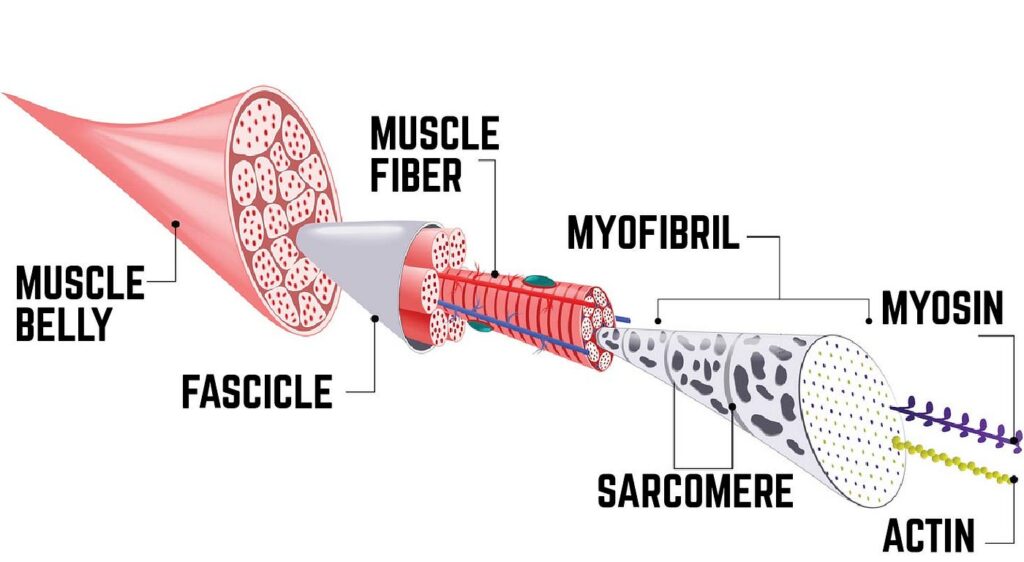
4. Enhances Brain Function and Memory
Zinc is crucial for cognitive function, learning, and memory retention. It helps regulate communication between neurons and protects against age-related mental decline.
How Zinc Helps:
- Improves focus and concentration.
- Enhances memory and learning capabilities.
- Reduces the risk of neurodegenerative diseases.
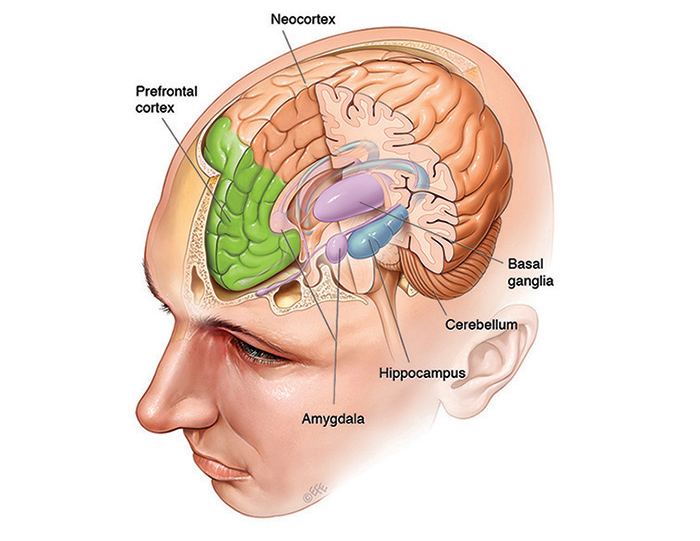
5. Supports Healthy Skin and Wound Healing
Zinc is widely known for its skin-healing properties. It plays a role in collagen synthesis, which is essential for maintaining skin elasticity and wound recovery.
How Zinc Helps:
- Accelerates wound healing.
- Prevents acne breakouts.
- Reduces skin inflammation and irritation.
6. Regulates Blood Sugar Levels
Zinc helps insulin function properly, making it an essential nutrient for people with diabetes or those at risk of developing it.
How Zinc Helps:
- Improves insulin sensitivity.
- Regulates blood sugar levels.
- Reduces the risk of diabetes-related complications.
7. Reduces Inflammation and Supports Heart Health
Chronic inflammation is linked to heart disease, and zinc plays a significant role in reducing inflammation and improving cardiovascular health.
How Zinc Helps:
- Lowers cholesterol levels.
- Reduces oxidative stress on the heart.
- Prevents arterial plaque buildup.
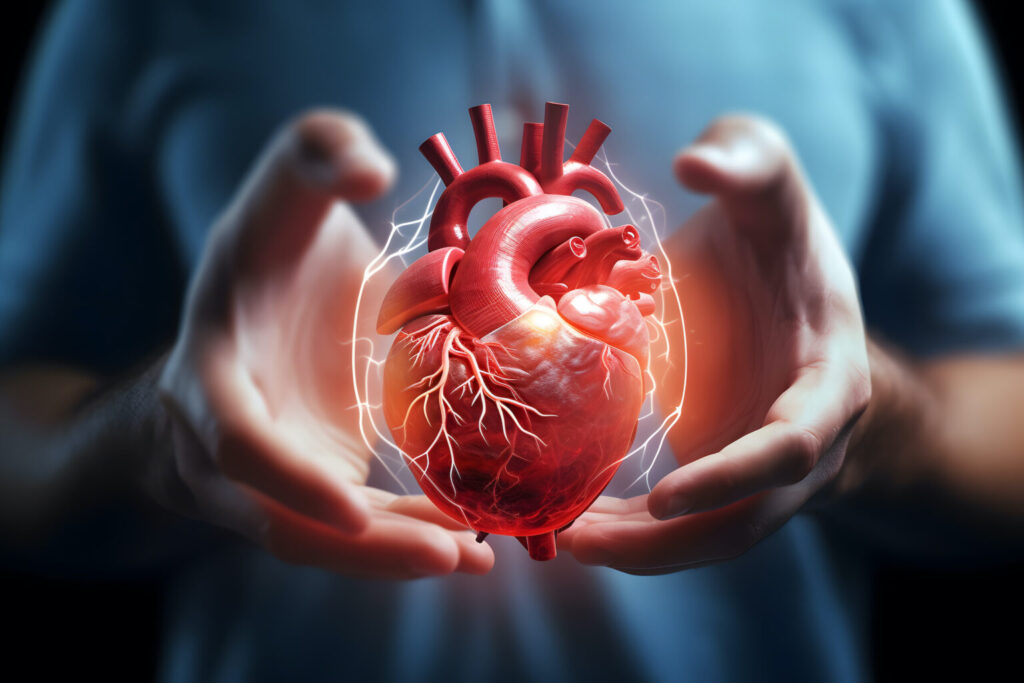
8. Maintains Prostate Health
Zinc is essential for prostate function and may reduce the risk of prostate enlargement and cancer.
How Zinc Helps:
- Prevents prostate inflammation.
- Reduces the risk of benign prostatic hyperplasia (BPH).
- Supports overall male reproductive health.
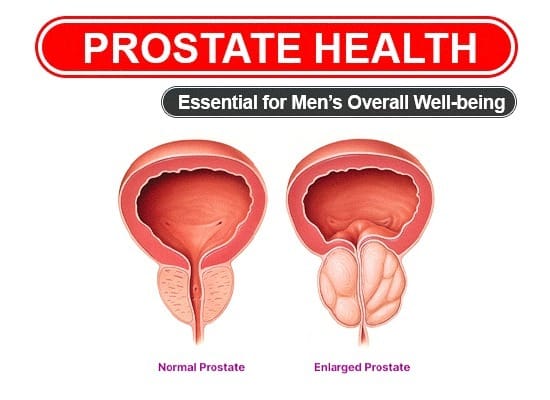
9. Improves Eye Health
Zinc is crucial for vision as it helps transport vitamin A from the liver to the retina.
How Zinc Helps:
- Reduces the risk of age-related macular degeneration (AMD).
- Protects against night blindness.
- Supports overall eye function.

10. Aids Digestion and Gut Health
Zinc plays a vital role in digestive enzyme production, ensuring optimal nutrient absorption and gut health.
How Zinc Helps:
- Supports gut lining integrity.
- Improves digestion and nutrient absorption.
- Prevents gastrointestinal issues like leaky gut syndrome.
Best Food Sources of Zinc
Maintaining adequate zinc levels through a well-balanced diet is essential. Here are some of the best natural sources of zinc:
Animal-Based Sources:
- Oysters (highest source of zinc)
- Beef and lamb
- Chicken and turkey
- Fish (salmon, tuna, sardines)
- Eggs
- Dairy products (cheese, milk, yogurt)
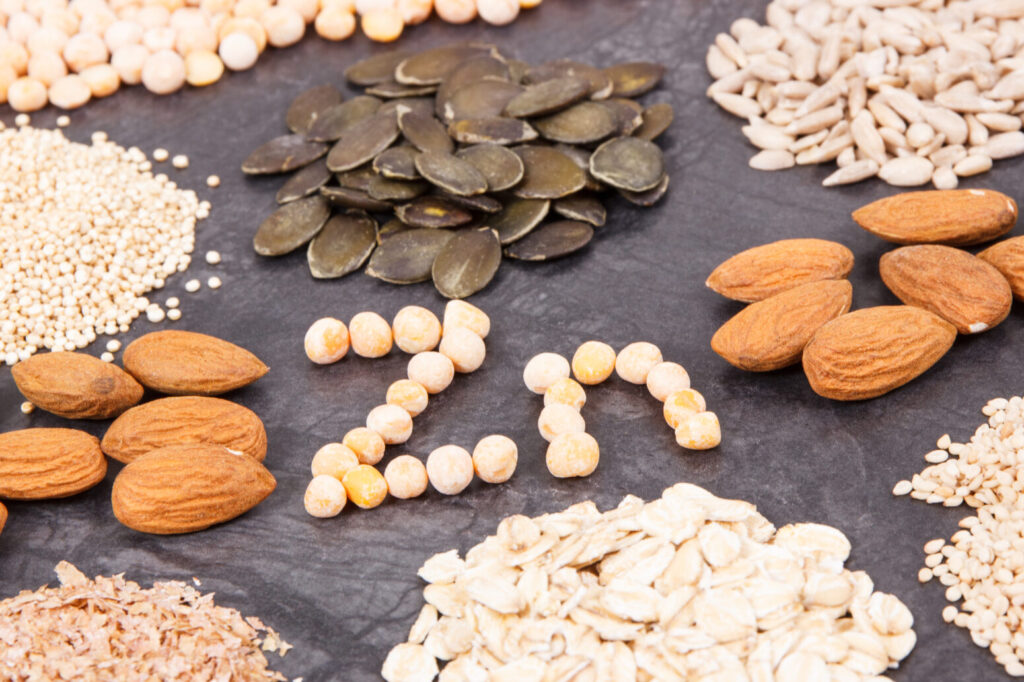
Plant-Based Sources:
- Pumpkin seeds
- Hemp seeds
- Chickpeas and lentils
- Cashews and almonds
- Spinach and kale
- Mushrooms
- Whole grains (quinoa, oats, brown rice)
For those who struggle to meet their zinc needs through diet, zinc supplements are available to ensure optimal intake.
Conclusion
Zinc is an essential mineral that plays a vital role in male health. From boosting testosterone levels and muscle growth to improving immunity and heart health, its benefits are undeniable. Ensuring a diet rich in zinc-containing foods can help men maintain optimal health and performance.
If you’re experiencing symptoms of zinc deficiency—such as low energy, frequent colds, or reduced libido—it might be time to increase your zinc intake through diet or supplementation.
